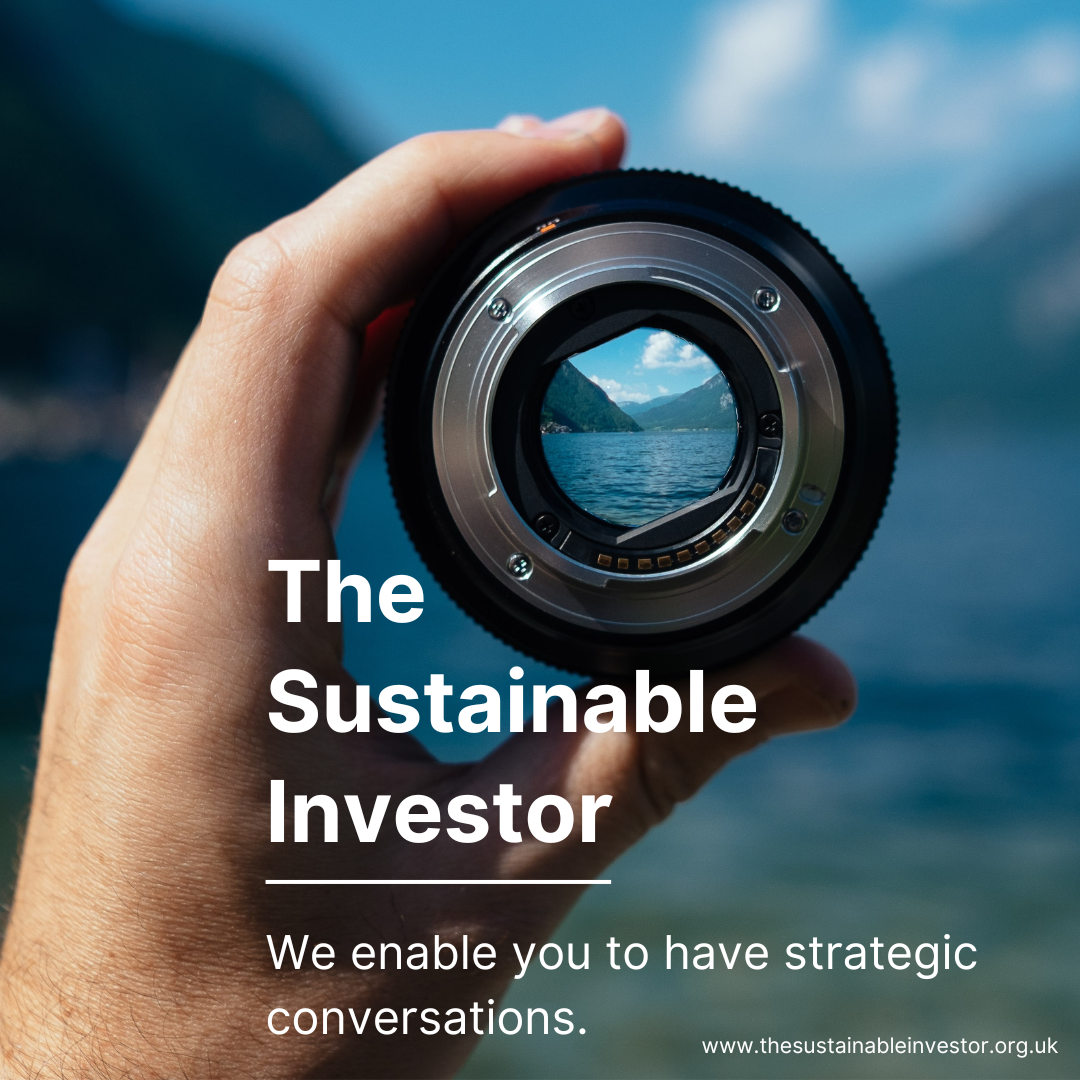
Green hydrogen - Germany is going for broke
Germany is going for broke on green hydrogen. It's not going to be cheap, and there are massive barriers to overcome, but the alternative for them is worse.
"Green hydrogen is the key to decarbonising our economies" - German Chancellor Olaf Scholz
What is the big theme?
Green hydrogen’s role in a net-zero emissions world will be to do things that cannot be done better through electrification. To quote Michael Liebreich, as he paraphrases the famous Heineken slogan of the 1970s and 1980s, hydrogen decarbonizes the parts of the energy system that electricity cannot reach. This leads us toward industrial uses rather than transport or heating. As the EU Hydrogen Strategy says - to "reduce and replace the use of carbon-intensive hydrogen in refineries, the production of ammonia, and for new forms of methanol production”.

The details
Summary of a story from Euractiv
Speaking at COP27 in Egypt, German Chancellor Olaf Scholz announced extra funding to facilitate the global market ramp-up of hydrogen. The instrument of choice in Berlin is the government-funded foundation H2Global. “We plan to invest more than €4 billion [into H2Global]. The first tenders will be launched soon,” he announced. Government money is used to cover the difference between the costly production of green hydrogen and the lower price buyers are willing to pay.
Germany’s steel makers and chemical industry, like world leader BASF, are hungry for hydrogen. “We are adapting our plans for domestic production of green hydrogen from five gigawatts to ten gigawatts of electrolyser capacity by 2030,” Scholz noted. “But this will only meet one-third of the expected demand. The majority needs to come from abroad.”
Let's take a look at why this is important...
Why this is important
Green hydrogen will likely become a very large industry, although probably not as large as many are claiming. While we are massive sceptics regarding the use of hydrogen in home heating, and in many forms of transport, we agree that it has an important role in the so called hard to decarbonise sectors. These applications should be the main (or arguably only) focus for government support. The "easy wins" are in using green hydrogen to replace the existing uses of dirty hydrogen, so think fertiliser (green ammonia), oil refining (reducing over time) and petrochemicals production. After that, it has applications in green steel, and in green menthol - both potentially massive markets in their own right.
When might this be financially viable ? Many analysts can see green hydrogen being cost competitive with blue (so traditional fossil fuel hydrogen with carbon capture) around the end of this decade. It's this cost gap that the German government is looking to plug. But we need to remember that it's not just cost - to power the required electrolysis, we will need a lot of new renewable electricity. Which all raises questions about how quickly the required wind turbines and solar farms can be built. So, this explains why Germany, the industrial powerhouse of Europe, is so keen on imported hydrogen.
But the importation process will not be easy. As IRENA highlighted in a recent report "the consensus is that liquid ammonia is the most suitable medium for hydrogen transportation". But then that involves multiple energy intensive stages. We start by creating green hydrogen using electrolysis (lots of electricity), which is then combined with nitrogen separated from the air (more energy), the two are then combined in the Haber-Bosch process to make green ammonia, again powered by sustainable electricity. Then we use energy to convert it back to hydrogen after it is landed in Germany. And of course, this does not cover the energy (& cost) of transportation.
But then Germany has a lot at stake. Not only is heavy industry important for their economy, they are also pushing hard for energy independence, which means replacing Russian gas. Switching to green hydrogen, ammonia and methanol could, in the long run, create a new lease of life for German industry. With the US pushing hard, via the Inflation Reduction Act subsidies, to bring green industry back onshore, we could be entering into a period of green subsidy wars, as countries and regions seek to match subsidies provided elsewhere.
Something a little more bespoke?
Get in touch if there is a particular topic you would like us to write on. Just for you.
Contact us
Please read: important legal stuff.

